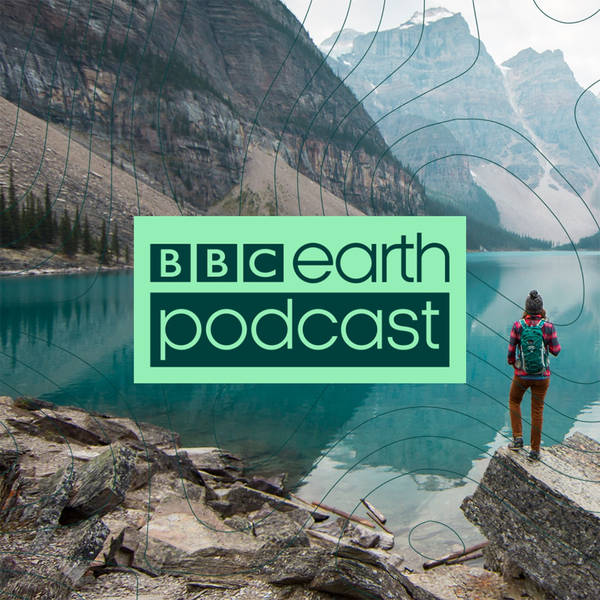We explore the invisible pulling powers of nature through the forces of smell, sound and gravity.In Greece, desert ants start their lives underground in total darkness. Void of landmarks and sun they initially learn to orient themselves using the Earth’s magnetic field. German scientist Dr Pauline Fleischman reveals how her team discovered the ant’s internal GPS.A healthy coral reef is a very noisy place, full of the snapping, rasping, scraping and croaking of various vocal species. But a dying reef is tragically quiet, devoid of the life which can no longer survive on it. However, conservationists have discovered a way to pull species back to these habitats with the ingenious use of underwaterspeakers.This sort of catfishing is used by a number of animals, including arachnids. Sebastian and Rutendo discuss one of nature’s more perilous powers of attraction with Kenyan entomologist, Dr Dino Martins. He describes the dramatic mating behaviour of the camel spider, an alluring species with incredible hunting skills.Humans might find the British dawn chorus a more soothing courtship ritual. But for the birds, it’s an intense competition. Sound recordist Gary Moore tells us why hethinks it’s one of the world’s greatest wildlife events.Credits:The BBC Earth podcast is presented by Sebastian Echeverri and Rutendo Shackleton.This episode was produced by Rachel Byrne and Geoff Marsh.The researchers were Seb Masters and Dawood Quereshi.The Production Manager was Catherine Stringer, the Production Co-ordinator was Gemma Wootton, and the Project Co-ordinator was Linda Barber.Podcast Theme Music was composed by Axel Kacoutié, with mixing and additional sound design by Peregrine Andrews.The Associate Producer is Cristen Caine and the Executive Producer is Deborah Dudgeon.Special thanks to...Dino J. Martins from the Mpala Research Centre.Pauline Fleischmann from the University of Würzburg for her insights on ant behaviour.Gary Moore who recorded and spoke about the dawn chorus soundscape.Tim Lamont, Tammy Silva, Emma Weschke, Tim Gordon and Eric Parmentier who provided underwater audio recordings for the interview with Steve Simpson from the University of Bristol. Hosted on Acast. See acast.com/privacy for more information.

